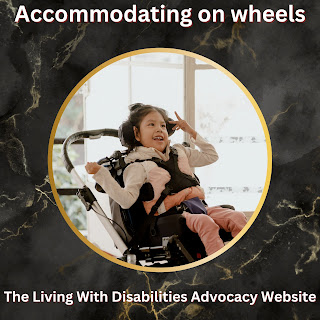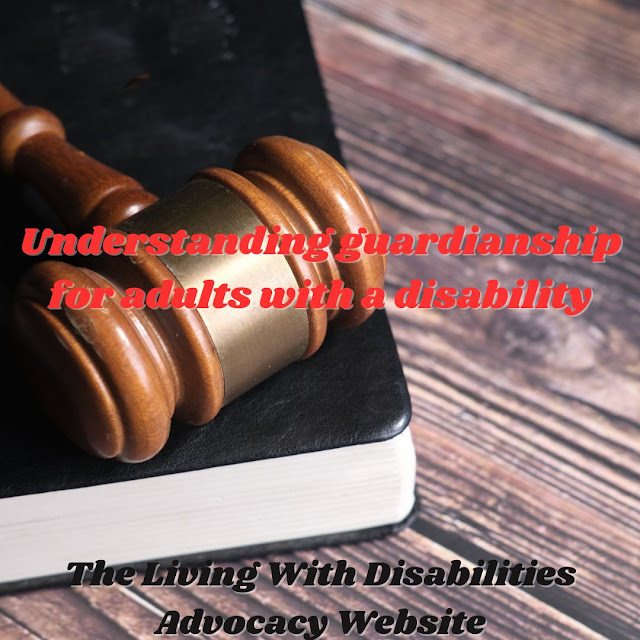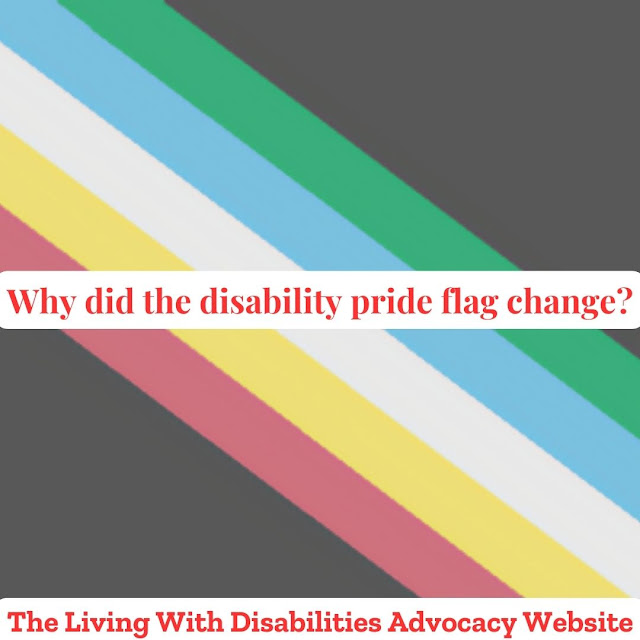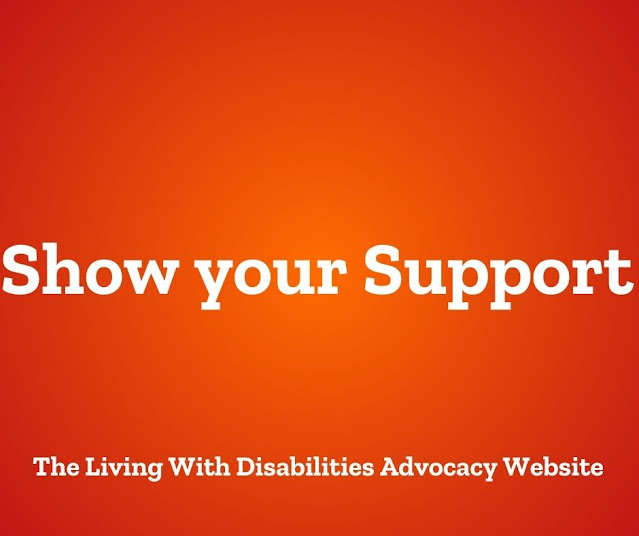Accommodating on Wheels
Hello everyone, I'm Katrina Smith from Living with Disabilities. You're tuned into the Living with Disabilities Website, the advocacy website dedicated to helping people comprehend the disabled community. The core purpose of our website is to assist society in recognizing the full range of various disabilities and conditions. Accessibility is a key component of this understanding. Without accessibility, there's exclusion. This week, we'll explore accommodations on wheels. Let's push 'Dis' aside and focus on the 'Ability' here at Living with Disabilities.
Judy Heumann, also known as the mother of disability rights advocacy, would likely agree with Living with Disabilities' perspectives on accommodating individuals who use wheelchairs. Let's delve into this article. We've previously explored the disability movement that began in the early 1970s and the Netflix documentary 'Crip Camp: A Disability Revolution' on multiple occasions.
Many may not grasp the direction of this article, while others will comprehend its direction or the overarching concept of Living with Disabilities.
Consider creating a checklist for an inspection of your business or home, particularly if you plan to welcome guests with physical disabilities.
Accommodating a person with a physical disability involves making changes to the application or hiring process, the job, the way the job is done, or the work environment. This allows the individual who is qualified for the job to perform the essential functions and enjoy equal employment opportunities. Accommodations are considered reasonable if they do not create undue hardship or a direct threat.
Accommodations for a person with a physical disability at home may include modifications such as well-lit and hazard-free exterior walkways, step-free entrances, accessible cabinets, and work surfaces, staircases with handrails on both sides, and non-slip flooring. These changes aim to create a safer and more accessible living environment.
Denying a person with a physical disability access can result in serious legal consequences and monetary penalties. Under the Americans with Disabilities Act (ADA), it is unlawful to discriminate against individuals with disabilities in areas such as employment, public accommodations, and transportation. Additionally, failure to provide reasonable accommodations can lead to claims of discrimination. It is important to comply with ADA regulations to avoid such repercussions.
To ensure full accessibility, develop a checklist and start marking items that are accessible in one color and those that are not in another, to prevent any negative consequences. Once the list is created and actions have been taken, the subsequent step involves undergoing an inspection to ensure compliance with the ADA regulations.
Physical barriers can significantly restrict the mobility of individuals with physical disabilities. It's crucial to make them feel welcome by creating accessible spaces. As highlighted by Living with Disabilities, it's important to consider accessibility in your environment. If making your home accessible isn't feasible, seek out places that are inviting for both you and your guests. Keep in mind that a happy guest is a sign of your success; their contentment means you've done something right.
Living With Disabilities Presents: The Advocacy Table
a space created for people with disabilities to be able to have freedom of speech and talk on different topics surrounding the disability community. To get more details, check out The Advocacy Table. To become a panelist, write into the show and let the host know what topic you want to talk about. She will then send out a group email to all panelists after the show has reached five or ten people. After the show, a survey will be emailed to you, and we would love to get your feedback.
If you need online support, Disability Safe Haven is great for receiving support. The We Care Team is very protective of its members and asks everyone who joins, to have a profile picture and answer the security questions.
Another online support, Living With Cerebral Palsy, is great for people with cerebral palsy and for family and friends who want to learn more about different types of cerebral palsy and how to support their loved ones who have it. This group has open and closing hours and a 24/7 chatroom. Open and closing hours are based on United States time zones.
If you are looking for Virtual fun, a group filled with creative activities, and a space where you build on friendship. United By Creative Minds, is a space for people with disabilities only! Must have a profile picture and answer the security questions.
Podcast link
https://podcasters.spotify.com/pod/show/livingwithdisabilites/episodes/Accommodating-on-Wheels-e2k371n




Comments
Post a Comment